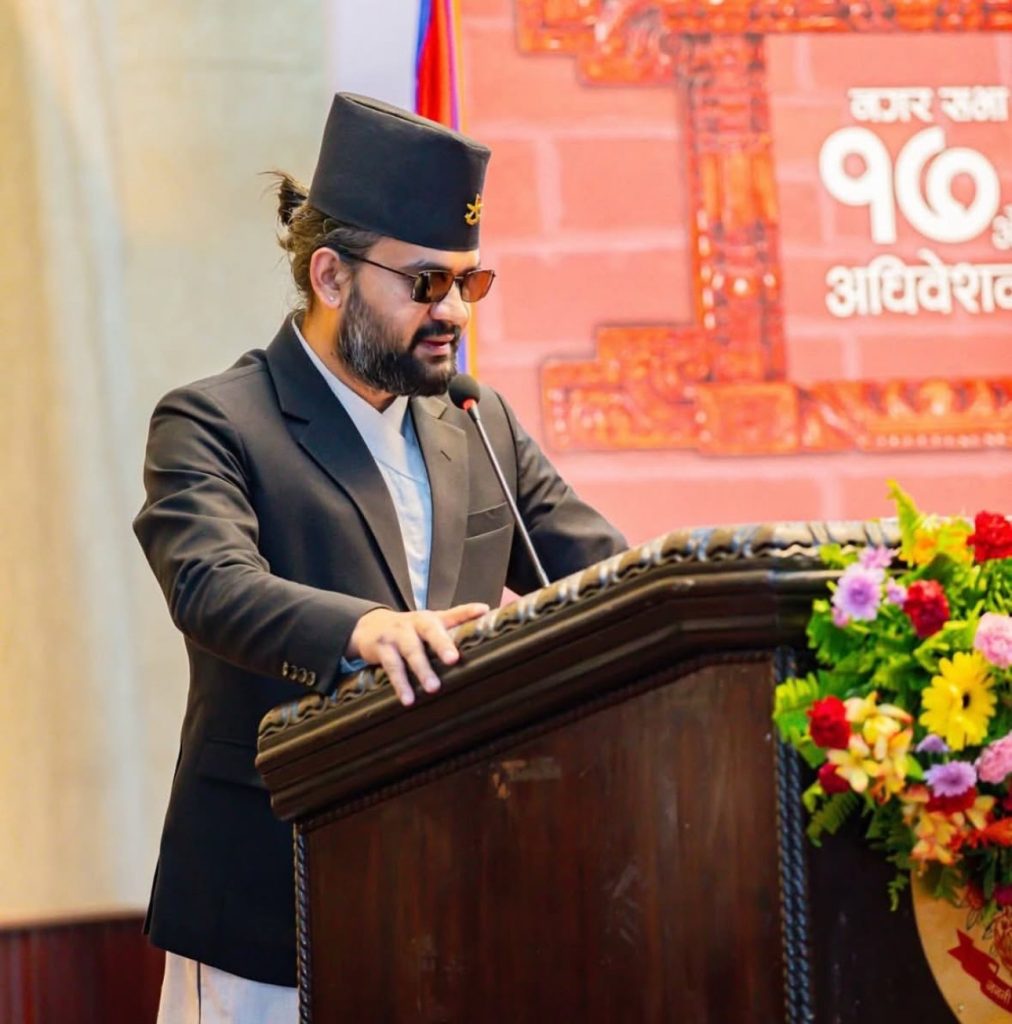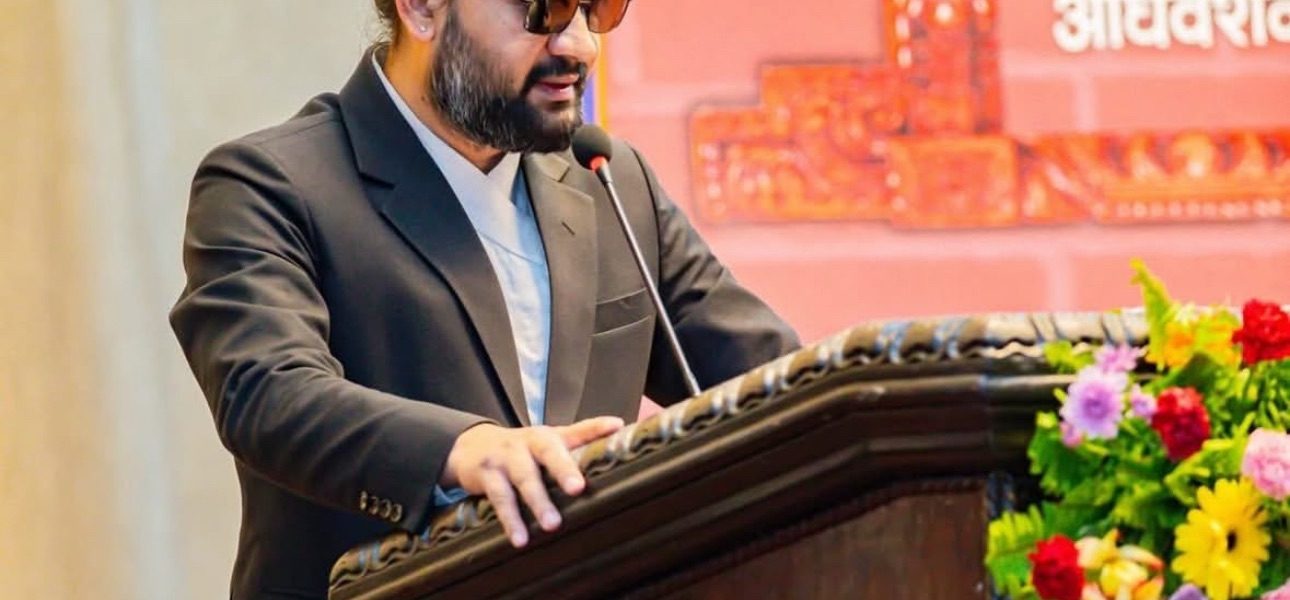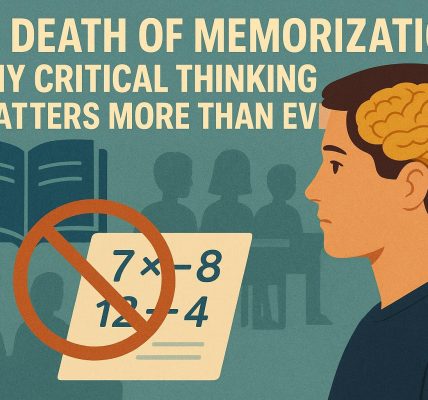In a country where politics have been long ruled by parties, dynasties, and old power structures, one name has leaked into the public imagination as something different: Balendra Shah, better known simply as Balen.

At 35, he’s Kathmandu’s mayor, a former rapper, and increasingly seen by many—especially Nepal’s youth—as a symbol of what politics could become: independent, honest, action-oriented. Here’s the journey that brought him here, what defines his leadership, and why, in today’s crisis, many look to him with hope.
Early Life & Roots of Concern
Born 27 April 1990 in Naradevi, Kathmandu. Shah comes from a Newar Buddhist family of Maithil Madhesi origin. His father, Ram Narayan Shah, was an Ayurvedic practitioner; his mother, Dhruva Devi Shah.
He grew up with a mix of traditional values and exposure to a changing, urbanizing Kathmandu. Education mattered in his home; culture, too. From early on, he was aware of both the opportunity and the inequalities around him.
Academically, Shah pursued civil engineering in Nepal, and later advanced studies: he earned a master’s degree (MTech) in structural engineering from Visvesvaraya Technological University (VTU), Karnataka, India.
Music: Voice, Critique, Connection
Balen’s first public identity was not political; he was a rapper. From around 2012 onward, he used rap—Nephop, political hip-hop—as his platform. Songs for social commentary—inequality, corruption, the everyday frustrations of people—became his medium.
His track Balidan (“Sacrifice”) and others struck a chord. He didn’t avoid the hard things. That voice grew in popularity, especially among youth who felt disconnected from traditional politics. The rap stage taught him two things: how to speak truth, and how to listen.
Entering Politics: Independent, Disruptive
In 2022, Balen Shah ran for Mayor of Kathmandu as an independent candidate, eschewing major party backing. It was an unconventional move. He won with about 38.6% of votes, defeating established figures like Sirjana Singh (Nepali Congress) and Keshav Sthapit (CPN-UML).
His campaign promises were specific and grounded: anti-corruption, better waste management, traffic control, preserving heritage, better public services. In a city riddled with inefficient public systems, frequent traffic congestion, waste that piles up, and a history of political promise unmet, these were resonant.
Mayorship: Actions, Symbolism, Pushback
Since taking office on 30 May 2022, Balen has pursued reforms. He pushed for better oversight of private schools’ tax compliance, cracked down on informal encroachments, directed that uncollected solid waste be managed by private firms, and emphasized transparency (for example, broadcasting municipal meetings) to make governance more visible.

He hasn’t shied away from symbolic stands. He placed a map of “Greater Nepal” in his office—a move that stirred controversy with India—but for many of his supporters, it signals someone who acknowledges identity, national pride, and is willing to challenge external and internal pressures.
At the same time, critics push back: decisions about street vendors, enforcement against informal economy actors, clashes with informal communities, and occasional use of strong rhetoric. These reveal that leading change in messy urban settings is never free of trade-offs.
Why He’s Revered: What Sets Him Apart
Several features of Balen Shah’s rise explain why so many—particularly Nepal’s younger generation—regard him as a leader:
Authenticity: He’s not from a political dynasty, not a career politician. He comes with multiple identities (engineer, rapper, independent) that combine technical credibility, critique, and cultural reach.
Connection with Youth: His music, social media presence, and public statements resonate with Gen Z—people disillusioned by corruption, stagnation, and traditional party politics. During recent anti-corruption, governance, and social media freedom protests, many saw Balen as a voice they trust.
Visible Reform: He doesn’t just speak; he acts. Waste management, traffic, transparency—these are tangible issues people live with daily. When people see roads improved, garbage cleared, fewer inefficient services, credibility builds.
Courage under Pressure: Standing up to powerful interests, taking symbolic stands (even controversial ones), and doing so without being fully engulfed by the machinery of party politics gives him moral weight.
Crisis Times & Why He’s Being Looked Up To Now
In 2025, Nepal faces multiple crises: public dissatisfaction with corruption, demands for political reform, struggles with governance, economic issues. The Gen Z-led protests, anger over governance failures, the widespread desire for systemic change: in this mix, people are hungry for leaders who can break the mold.
Balen is seen not just as a mayor, but a possible stabilizer. Many across social media and youth-driven forums are calling on him to be part of interim authority councils, to guide elections, or to serve roles beyond municipality—indicating widespread belief in his potential. Even during unrest, Balen has urged calm, restraint. He’s used his voice not to inflame but to moderate, appealing to both youth and institutions. That balance—of critique and responsibility—builds trust.
Lessons from Balen’s Journey
What can we take from Balen Shah’s path so far?
Speak with purpose: Art and music can be more than art—they can channel public sentiment, articulate truths, and forge trust.
Ground leadership in real issues: Address the tangible—roads, traffic, garbage, education. These are the issues people feel intimately.
Walk the talk: Transparency, action, personal integrity matter. It’s not enough to promise, especially in a system where promises are often broken.
Representing identity matters: Coming from blended identities (ethnicity, religious, geographic), understanding culture, speaking its language adds depth.
Crisis is also opportunity: In times when institutions are seen as failing, leaders who answer with credibility, with humility, with vision, can emerge as anchors.
The iU Perspective
At iU, we believe true leadership is never a show—it’s a responsibility. Balen Shah’s story reminds us that sometimes, the most unlikely paths are the most needed ones. A rapper engineering beats in life, a structural engineer navigating public life, a mayor offering hope in turbulent times.
In every society, there are moments when old norms crack—and people look for someone who doesn’t just inherit power, but earns legitimacy. Balen Shah is shaping up to be one such figure for Nepal. Whether he becomes Prime Minister, or whether he reforms Kathmandu into a more livable, just city—what matters is what he’s already achieved: mobilizing hope, grounding expectations, demanding accountability.
And for many across Nepal, that is already a revolution.
Hashtags: #BalenShah #NepalLeader #Inspiration





